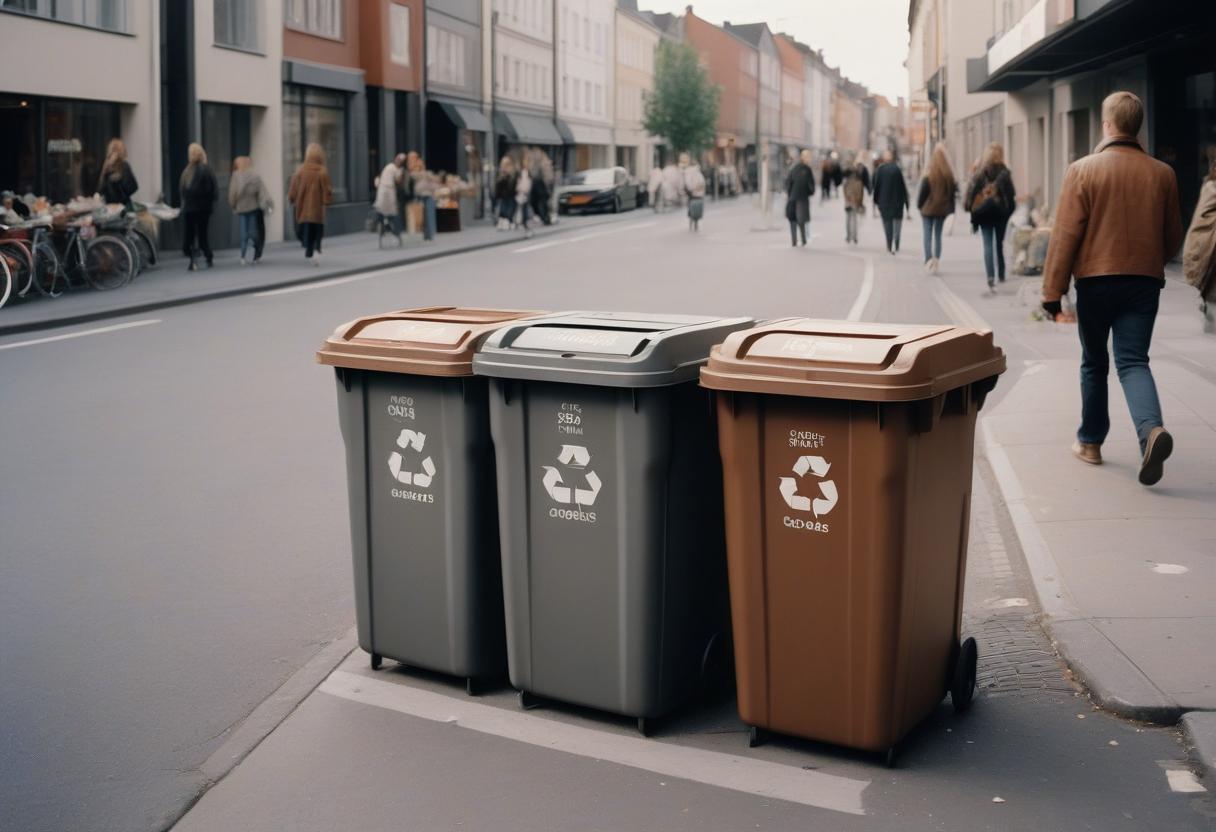Garbage cans might not be the food service industry. Still, they play an undeniably critical role in maintaining hygiene and safety. Dirty or smelly garbage cans can lead to health violations, pest issues, or even worse-an unpleasant dining experience for your customers. You’re in the right place if you’re looking for straightforward, actionable tips on how food workers can keep garbage cans clean and free of buildup.
This guide offers simple, practical steps to ensure garbage cans stay fresh, sanitary, up to the industry’s standards. Whether you’re a restaurant manager, a food service worker, or part of the sanitaion staff, these tips will empower you to keep waste areas under control and hassle-free.
Why Clean Garbage Cans Matter in Food Service
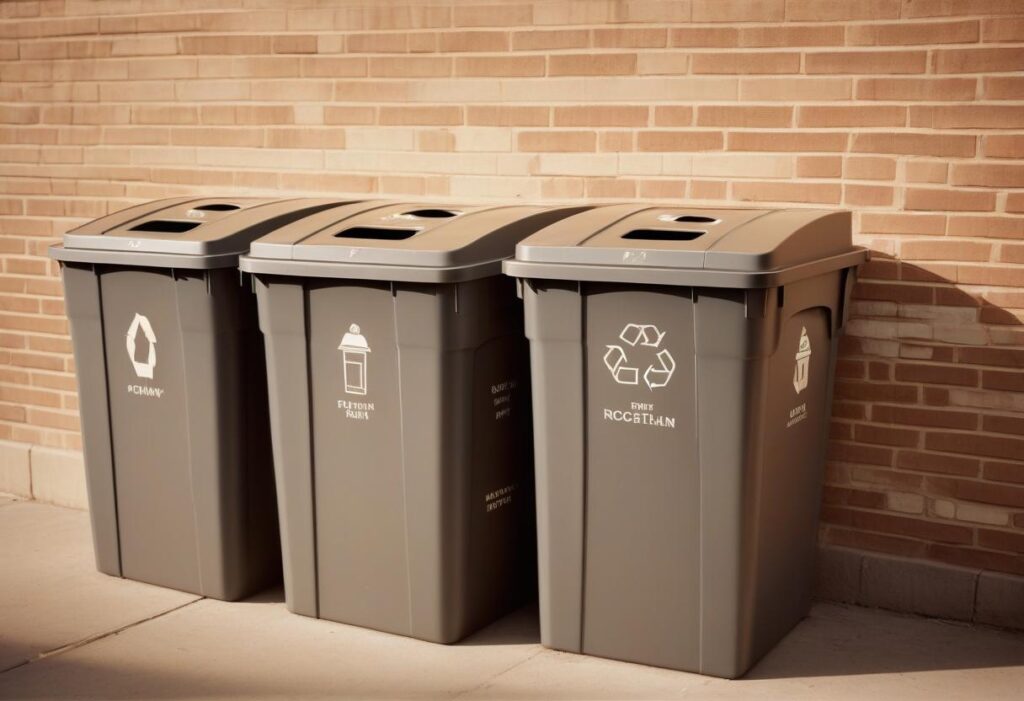
Before we discuss how it’s essential to understand why keeping garbage cans clean is vital in food service. Dirty garbage cans pose risks that go beyond bad smells.
Hygiene and Food Safety Compliance
Unsanitary garbage cans breed harmful bacteria, which can easily spread elsewhere in the kitchen. Food safety regulations, such as those set by the FDA, require restaurants and food service businesses to ensure all waste mangement areas are sanitary. Maintaining clean garbage cans prevents cross-contamination and helps guarantee compliance during health inspections.
Pest Prevention
Nothing attracts pests like a dirty, smelly garbage area. Flies, rodents, and cockroaches love leftover food and standing moisture. Keeping garbage cans spotless is one of the easiest ways to deter unwanted visitors.
odor Control
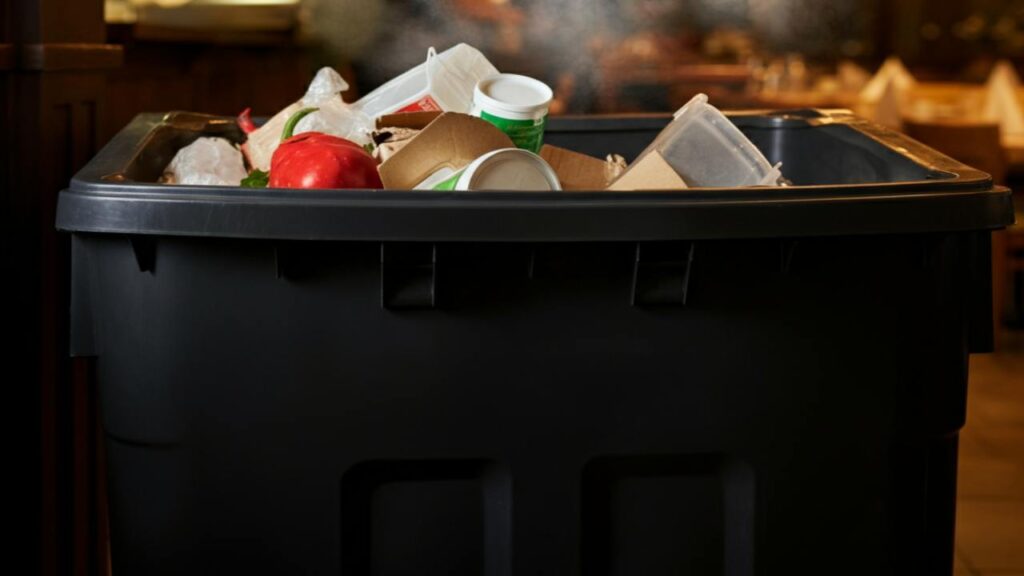
No one-neither your staff nor your patrons-wants to smell rotting garbage lingering in your estabishment. A foul odor can seriously damage the dining experiecne, even if the rest of your restaurant is pristine.
Prolonging Equipment Lifespan
Think about it-your garbage cans are functional in your establishment. Clean garbage cans last longer, saving your business unnecessary replacement costs over time.
Now that we’ve cleared the way let’s move on to the actionable steps to keep garbage cans clean and buildup-free.
Step-by-Step Guide to Keeping Garbage Cans Clean
Step 1: Line Garbage Cans Properly
One of the simplest ways to prevent buildup is to use durable, high-quality garbage bags. To avoid leaks and spils, opt for liners that fit your garbage cans snugly.
Pro Tip:
Double-line trash cans for additional protection, especially in areas where liquid waste is shared, like the dishwashing station or prep areas.
Step 2: Emply Garbage Regularly
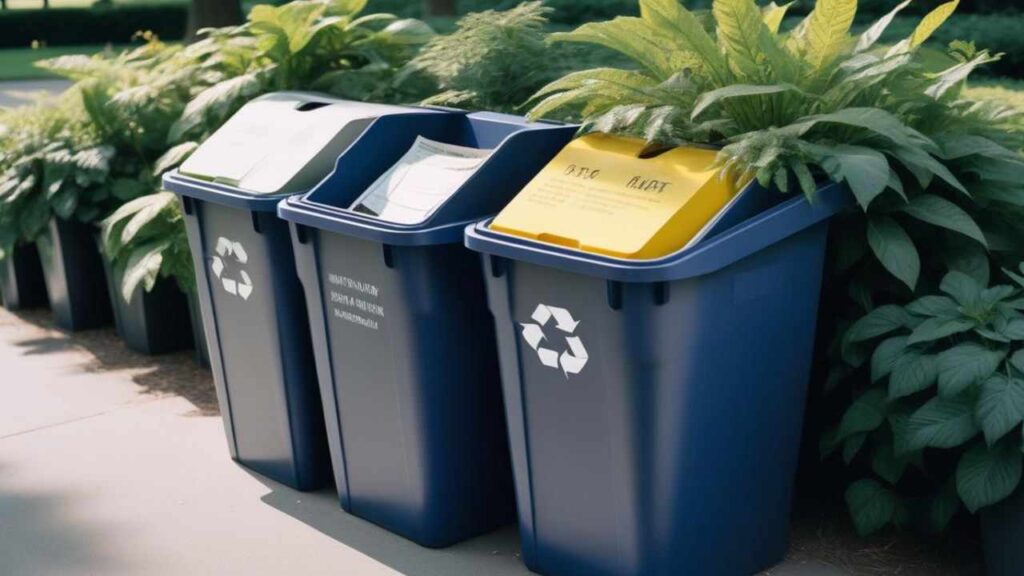
Overflowing garbage cans are a recipe for disaster. Create a schedule for emptying trash daily, especially durring busy service hours. Regular emptying prevents food waste from sticking around long enough to decompose or attract pests.
Questions to consider:
. Are bins emptied after every dinner rush?
. Do staff know to avoid overfilling bags to reduce leaks?
If your answer to either is “no, ” it’s time to review garbage protocols.
Step 3: Wash Garbage Cans Weekly
Even with regular trash removal,residue, and odors can linger. Washing garbage cans weekly- or more often for high-volume establishments-eliminates grime buildup and bacteria. Here’s how to do it:
What You’ll Need:
. A scub brush or sponge
. Anti-bacterial detergent
. Rubber gloves
. A hose or pressure washer
How to Clean:
1. Rinse the garbage can with water to remove loose debris.
2. Scrub the interior with anti-bacterial detergent, paying extra attention to corners and crevices.
3. Rinse thorughly with a hose or pressure washer.
4. Dry completely before inserting a new liner (wet cans can attract mold or midew!).
Step 4: Use Deodorizers or Sanitizers
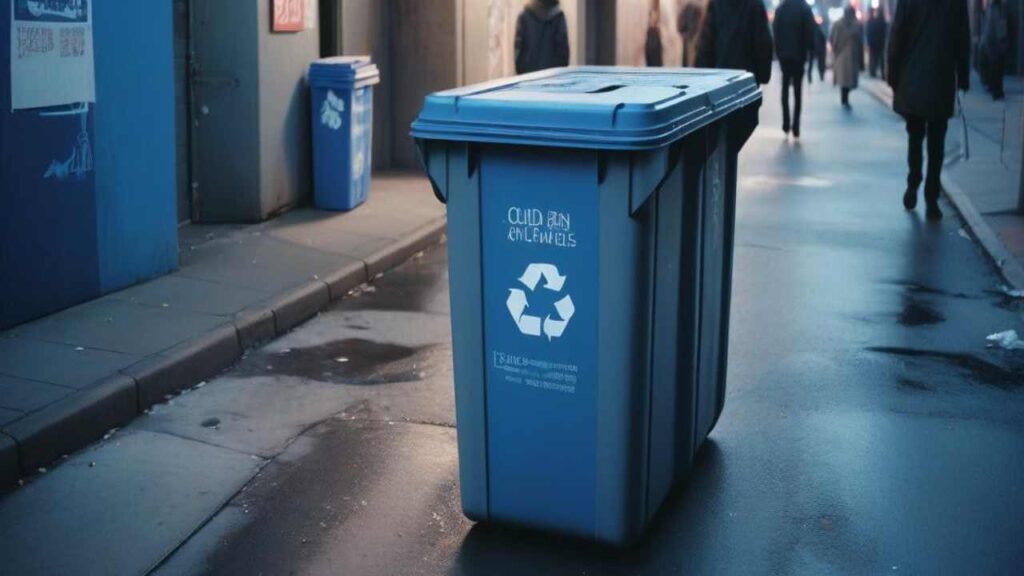
Consider adding deodorizers or sanitizing powders after washing to keep garbage cans smelling clean for longer. These help neutralize odors and prevent bacteria from growing between washes.
Common Options:
Baking soda (natural and cost-effective)
Commercial deodorizer produts specifically for waste bins
Step 5: Train Your Staff
Consistency is key—regular garbage can maintenance depends on teamwork. Train your staff on proper waste disposal practices, cleaning bins efficiently, and identifying potential issues like leaks or damaged liners.
Include These Topics in Training:
- Frequency of emptying bins
- Proper bagging techniques
- Cleaning schedules
- Reporting damaged or broken bins
Step 6: Set a Regular Maintenance Schedule
The best way to ensure garbage cans stay clean is to include waste area maintenance in your business’s overall cleaning schedule. Assign specific Team members to oversee this task daily, weekly, and monthly.
Example Routine:
- Daily: Empty bins, replace liners, and wipe down surfaces
- Weekly: Deep-clean garbage cans
- Monthly: Perform a full assessment of garbage area tools and replace any damaged cans or supplies.
Step 7 (Optional): Consider Garbage Bin Upgrades
If your current garbage cans are challenging to clean or prone to leaks and odors, it may be worth investing in higher-quality bins. Modern trash receptacles with built-in odor control, tight-fitting lids, or durable liners can save staff time and effort.
Features to Look For:
- Sturdy, non-porous materials
- Wheels for easy transportation
- Tight seals to trap odors
- Liquid containment areas or inner compartments to collect drips
Extra Tips for Maintaining a Clean Waste Management Area
Keeping bins clean is much easier when the area around them is well-maintained. Here are some bonus tips:
- Clean outdoor dumpsters regularly to avoid odors and pests creeping inside.
- Inspect drain areas near garbage bins to prevent clogs from liquid waste.
- Signage can encourage employees to follow best practices for waste disposal.
By ensuring a clean and well-organized waste management area, you’re solidifying a culture of cleanliness across your food service operation.
A Clean Can Means a Cleaner Kitchen—and Safer Food
Maintaining clean garbage cans isn’t just about appearances; it’s about keeping your kitchen hygienic, complying with health standards, and creating a pleasant environment for workers and customers. Following the steps outlined here, you’ll create an efficient waste management protocol that becomes second nature for your Team.
Remember, a little effort goes a long way. Start by taking small actions today—a quick wipe-down at closing time can make tomorrow’s shift faster and easier. Consistency is your best ally, and when in doubt, stick to a cleaning schedule to keep everything in check.
If this guide was helpful, share it with your Team or implement these strategies in your daily routine. Together, you can ensure your kitchen remains the picture of clean, responsible food service!



















